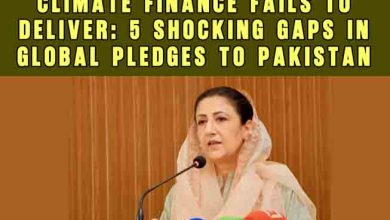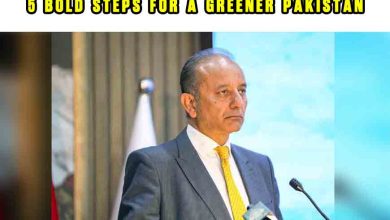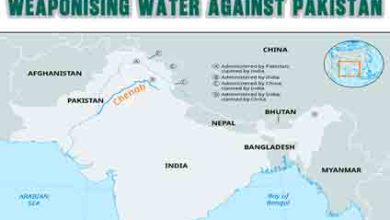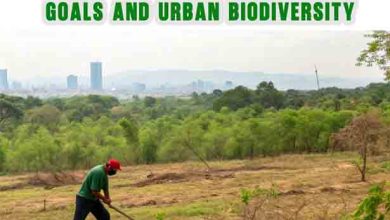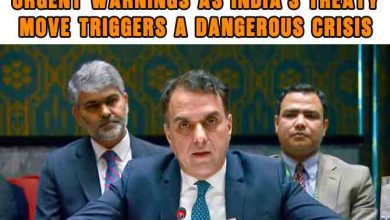Join Big Brainstorm Competition to Tackle Challenges like #ClimateChange, #WaterCrisis
Be the Change Maker, Take Action for the 17 Sustainable Development Goals (SDGs)
- Be the Change Maker, Take Action for the 17 Sustainable Development Goals #SDGs
- The UN Foundation believes that young people should be designers of their own future.
Islamabad: Big Brainstorm 2023 competition invites young thinkers and activists to come forward with unique ideas and initiatives aimed to tackle some of humanity’s greatest challenges including climate change and water crisis.

The Big Brainstorm is providing opportunity for young thinkers and activists to design their future.
At the Big Brainstorm, supported by the United Nations Foundation, young leaders from around the globe will come together to embark on a two-week design sprint to explore, prototype, and launch initiatives to tackle some of humanity’s greatest challenges, including climate change and water crisis.
The theme of the 2023 Big Brainstorm is “A Year of Action for the #SDGs.” The upcoming second SDG Summit is an opportunity to accelerate action to solve the world’s most urgent problems, with young people at the forefront of change.
It is also a turning point to drive collective action for both people and the planet earth. The most successful initiatives will be spotlighted during the SDG Summit to demonstrate that meaningful progress on the 17 Global Goals is possible.
All young changemakers who engage in the Big Brainstorm will also be members of the Engine Room to Unlock the Future – a wider space for young people to forge connections, mobilize, and drive our efforts to rejuvenate the multilateral system.
Interested in joining the Big Brainstorm competition: OFFICIAL LINK
Big Brainstorm aims to empower young people to be designers of their own future, and to build a global coalition of organizations dedicated to delivering transformative change for young people and future generations.
By: M.A
Email: VOW2025@gmail.com



